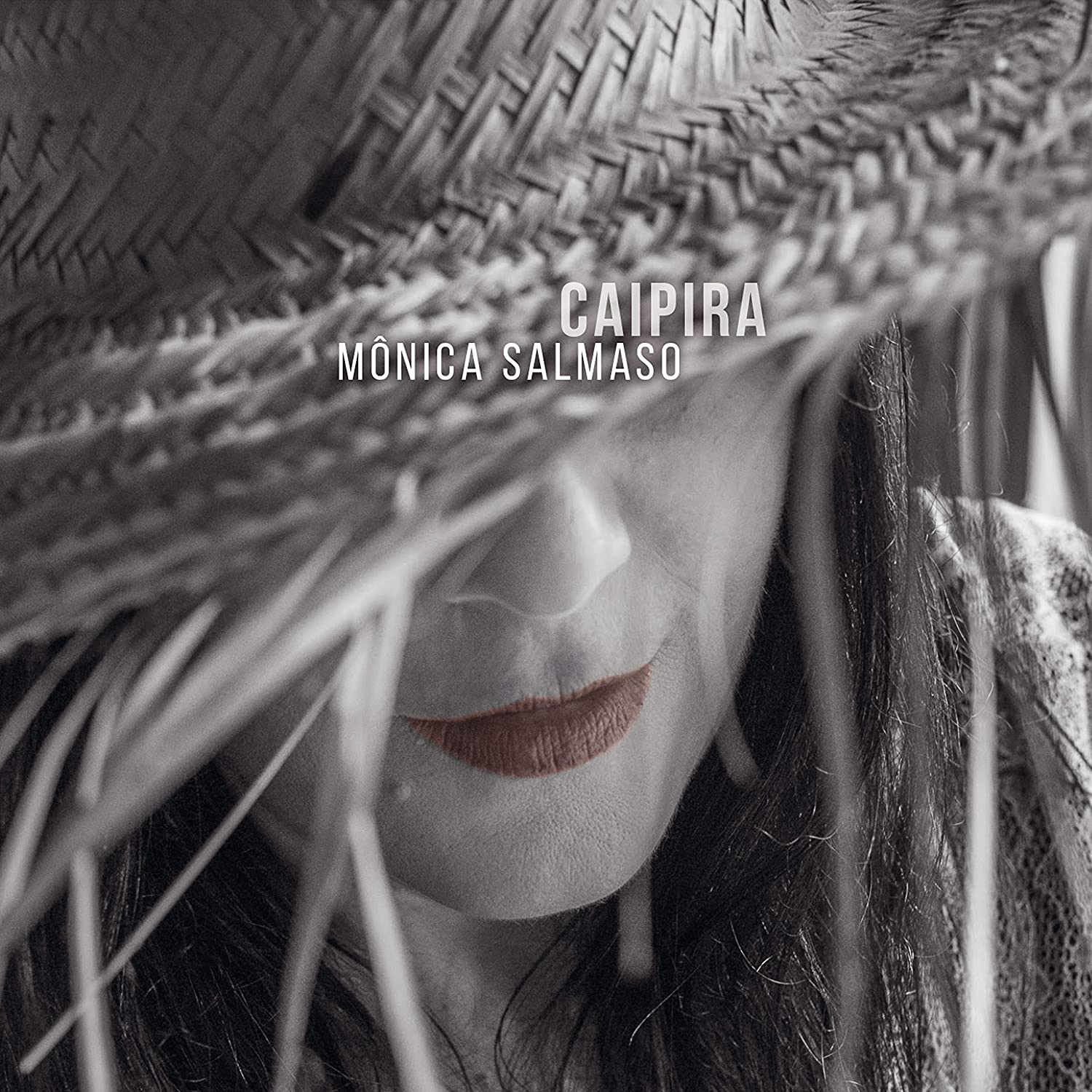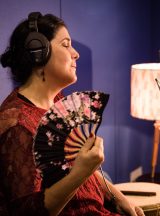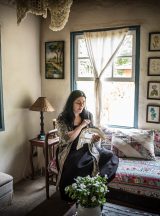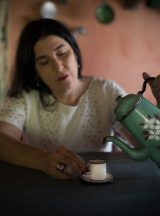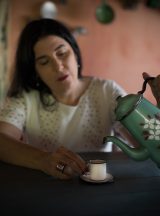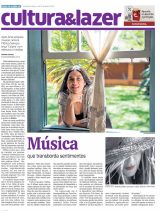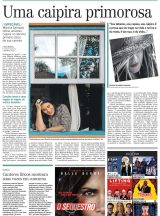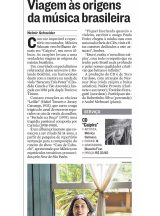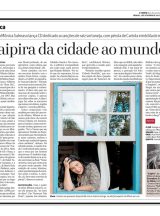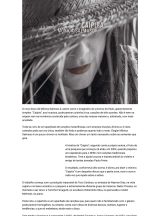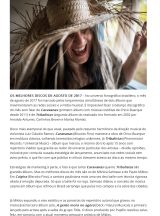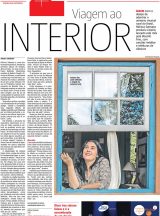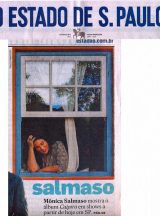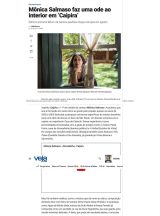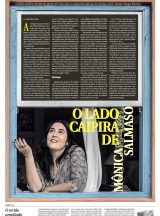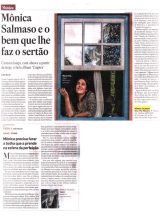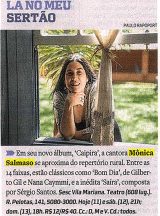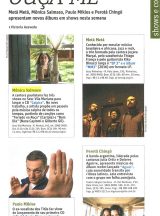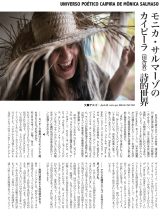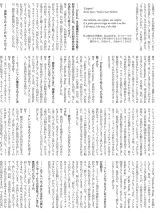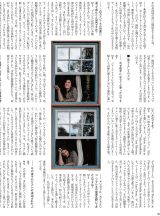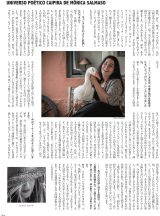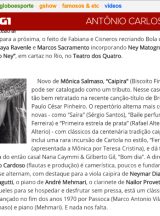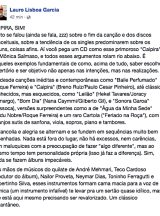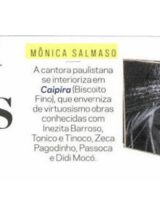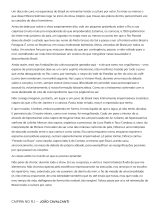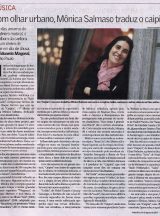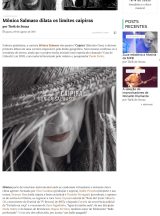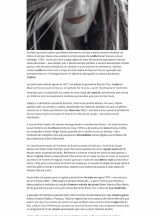Caipira
Between 2002 and 2003, I was invited to develop a concert project that I named Ponto InComum.
The shows were conceived around themes that I wanted to show to the audience. We had some beautiful nights, like one that was dedicated to Carioca samba, another that was centered on the Acari label, which has a very important ‘choro’ catalogue; others were about composers like Dorival Caymmi, Adoniran Barbosa… One of these performances, which was named Casa de Caboclo, was about caipira (country-folk) music.
Folk guitarist, songwriter and dear friend Paulo Freire arrived at my house with a suitcase full of CDs, records and cassette tapes with the results of a whole life dedicated to the genre. I was fascinated.
I ended up asking him for a more comprehensive research on the topic that had charmed me at the time. I have been waiting for the right time to make “my caipira record” since then.
After the Corpo de Baile project, which was a really big job with lots of musicians, arrangers and a two year tour, I felt the need to finally make “my caipira record”, it was a much more intimate project, with a few people selected on account of both the beautiful music they play and also the certainty that they fully comprehend that universe and would be able to bolster it (if needed) with the due respect and knowledge.
On this note, along with Teco Cardoso (who produced the CD and played wind instruments), I invited musicians Neymar Dias (folk guitar and acoustic bass), Nailor Proveta (clarinet and tenor saxophone) and Toninho Ferragutti (accordion) to write the arrangements together.
After that, we invited Robertinho Silva to do the percussion and Andre Mehmari (piano) to play on three tracks.
Composer Sergio Santos played and sang with me in one of his songs and, along with the wonderful Rolando Boldrin, I had a duet that filled me with a huge amount of happiness.
The repertoire was selected from the 2003 research and was updated with a few things I came across along the way, some more traditional, others more modern and amplified. So, this is my “caipira record”, with all the respect that I have for the more deep-rooted Brazil and for our near infinite creative qualities; and also my interpretation and that of my friends who also played in it. At this moment, it’s more urgent than ever to respect what we are and take care of one another.
Mônica Salmaso
